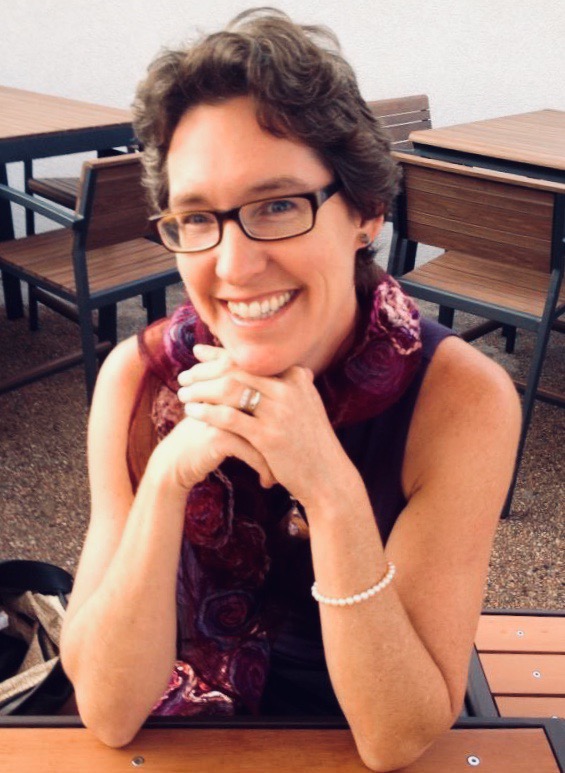What Can coaching Do For You?
- maire daugharty

- Sep 6, 2024
- 2 min read
Towards Work Life Balance and Meaning

Coaching compared to therapy is a more structured process. Exploring work life balance and meaning is interested in how you are getting in your own way and how you might consider making healthy changes. While goals in therapy include a wider mandate of alleviating specific suffering, coaching is focused on defining aspects of your ideal life with the realities of stage of life firmly in mind. For example, this process looks different for someone exploring goals while busy with work and raising young children compared to someone approaching retirement. In both cases it is a creative process devoted to exploring your why, what is important and meaningful to you, and how to incorporate this into your busy life. In the prior case efforts might work on finding and justifying time in a context of multiple responsibilities. An individual approaching retirement on the other hand may be more focused on identity outside of a context of work. Coaching offers protected time adapted to individual circumstances.
Perspective taking is a powerful stance in a context of someone accustomed to being highly focused and career driven. Creating space to explore engagement with a purpose of rich satisfaction unrelated to career goals or other markers of productivity can sometimes be a first experience of prizing one’s own well-being.
What are you doing that impedes you, what beliefs contribute to feelings of stagnation and a seeming inability to change or find peace and meaning with circumstances that may be outside of your direct control. How might you sabotage yourself, or confine yourself by perceiving limited choices? What drives you? What are your unique strengths? Areas for growth? Exploring these questions and developing skill sets can contribute to both perspective and change. Together we will focus on the following in a framework of positive psychology coaching. This entails a deliberate exploration of engagement, nurturing and understanding feelings, relationship, meaning, and accomplishment. While building mindful habits we will identify facets of your unique story and what feels imperative to you to explore for growth and change. Some examples and questions to think about are included below.
Boundaries – how do you define boundaries and how do they serve or fail you?
Self-sabotage – describe a time when you sabotaged your own efforts and why? If this is not applicable what does get in your way?
Perfectionism – does this describe you and if so, where do you feel this might come from or how does it serve you? How does it impede you?
Do you see yourself as conflict avoidant? Or the opposite?
Mindful habits – do you have any experience with deliberately slowing down and being in the moment without worrying about past or present, what was this like for you?
Awareness vs auto pilot
Intention
Observing self/behavior/thoughts/feelings
Do you identify as more rigid or flexible in your thinking?
Have you considered the impacts of assumptions and beliefs related to how you interpret events? Or impacts of this on how you feel about events?
How are you impacted by strong feelings? Do they guide decision making or do you feel taken over until they subside? Notice and consider this in different contexts and relationships (home, school, work).



Comments